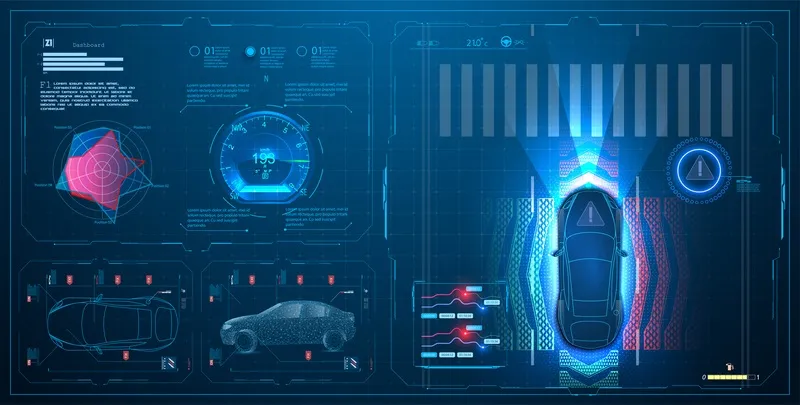The UK’s Driver and Vehicle Licensing Agency (DVLA) is working in partnership with Go Safe Wales on its Relevant Speed Limits campaign.
The campaign uses three themes to improve drivers’ compliance with speed limits: education – on the devastating effect it can have on family and friends through not adhering to the relevant speed limits; enforcement – through speed cameras catching motorists speeding, not wearing a seatbelt and using a mobile phone; and engineering – working with partners to decide the m
March 31, 2014
Read time: 2 mins
The UK’s Driver and Vehicle Licensing Agency (DVLA) is working in partnership with Go Safe Wales on its Relevant Speed Limits campaign.
The campaign uses three themes to improve drivers’ compliance with speed limits: education – on the devastating effect it can have on family and friends through not adhering to the relevant speed limits; enforcement – through speed cameras catching motorists speeding, not wearing a seatbelt and using a mobile phone; and engineering – working with partners to decide the most suitable approach to safety problems at specific locations, such as speed indicator devices.
Welsh government statistics reveal that excessive speed is in most cases a contributory cause of road traffic collisions. Every driver has the potential to make a difference by simply observing speed limits and driving appropriately to the road conditions. GoSafe’s campaigns target the three most vulnerable groups - young drivers, motorcyclists and professional drivers.
The DVLA helps support GoSafe campaigns by promoting messages through various communication channels. DVLA’s strong brand helps reinforce the integrity and credibility of the campaigns. The partnership approach has helped to achieve the communication objectives of both organisations.
The campaign uses three themes to improve drivers’ compliance with speed limits: education – on the devastating effect it can have on family and friends through not adhering to the relevant speed limits; enforcement – through speed cameras catching motorists speeding, not wearing a seatbelt and using a mobile phone; and engineering – working with partners to decide the most suitable approach to safety problems at specific locations, such as speed indicator devices.
Welsh government statistics reveal that excessive speed is in most cases a contributory cause of road traffic collisions. Every driver has the potential to make a difference by simply observing speed limits and driving appropriately to the road conditions. GoSafe’s campaigns target the three most vulnerable groups - young drivers, motorcyclists and professional drivers.
The DVLA helps support GoSafe campaigns by promoting messages through various communication channels. DVLA’s strong brand helps reinforce the integrity and credibility of the campaigns. The partnership approach has helped to achieve the communication objectives of both organisations.










